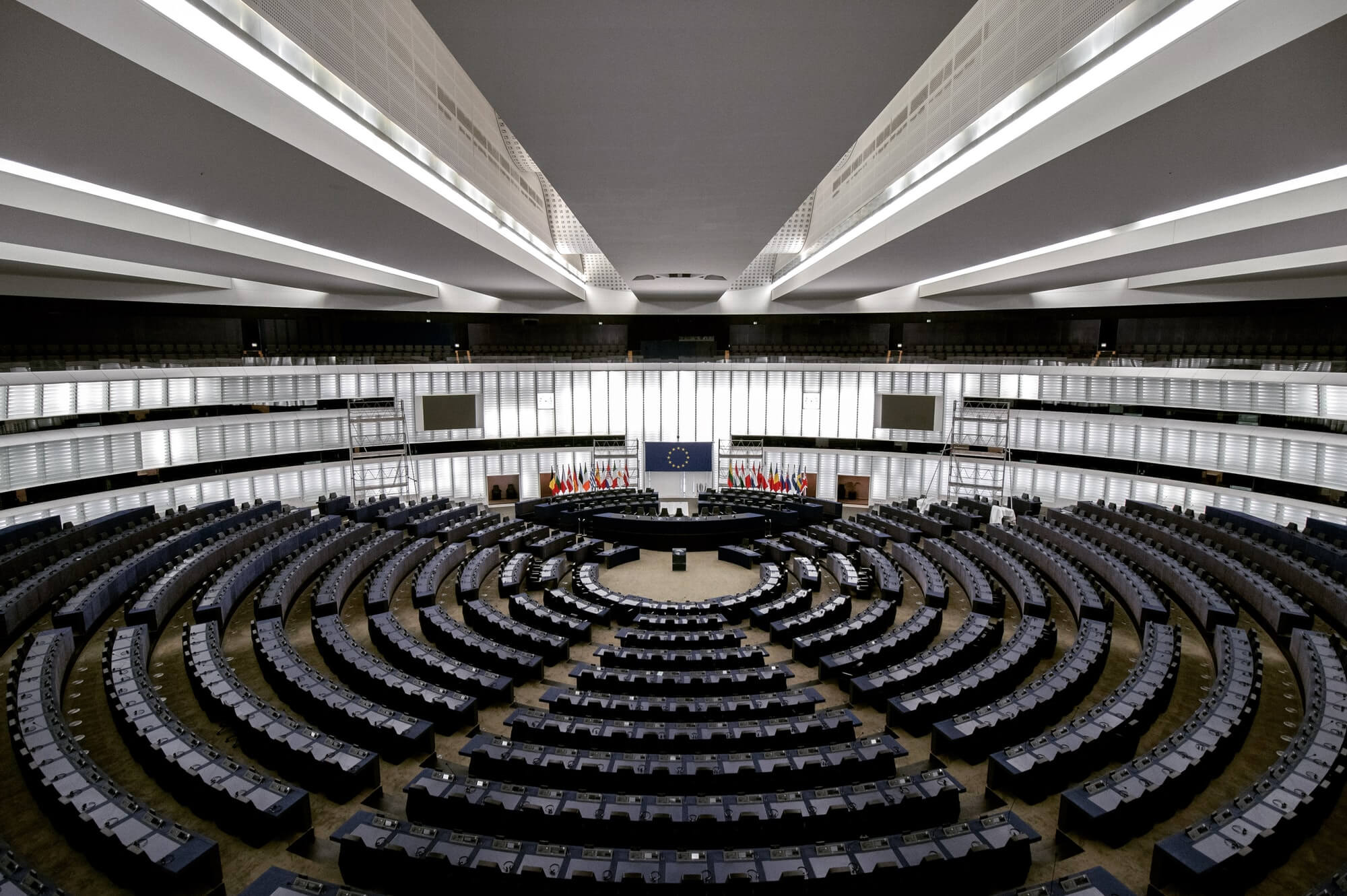The European Union Votes to Crack Down on “Unhosted Wallets”
Last week, European Union lawmakers voted in favor of passing a bill which would outlaw anonymous cryptocurrency transactions of over 1,000 EUR.

Last week, European Union lawmakers voted in favor of passing a bill which would outlaw anonymous cryptocurrency transactions of over 1,000 EUR. In addition to this requirement, the bill would remove the minimum amount required for reporting fiat transactions – called the “travel rule eligibility” –, which effectively places all transactions under the regulatory umbrella.
These actions have been introduced under the guise of Anti-Money Laundering (AML) regulations, but the recent global push for AML laws has been largely focused on Russians trying to avoid sanctions. The use of Cryptocurrency to avoid sanctions has been a talking point since the Russian invasion of Ukraine began at the end of February.
As we’ve previously reported, there are real accounts of Russians moving their assets out of the country via cryptocurrency to places like the United Arab Emirates. The main focus of lawmakers has been the Russian government avoiding sanctions via crypto, but most experts believe this is impossible given how large the Russian economy is relative to the size of the cryptocurrency sector.
This proposal is targeting smaller users who want to host their own money in wallets and interact with the growing decentralized finance (DeFi) system.
Brian Armstrong, CEO of Coinbase, described on Twitter the consequences for how the company would have to operate if this bill were to pass.
This means before you can send or receive crypto from a self-hosted wallet, Coinbase will be required to collect, store, and verify information on the other party, which is not our customer, before the transfer is allowed.
Moreover, any time you receive 1,000 euros or more in crypto from a self-hosted wallet, Coinbase will be required to report you to the authorities. This applies even if there is no indication of suspicious activity.
The proposal must now pass through the parliament and national ministers in order to become law.
